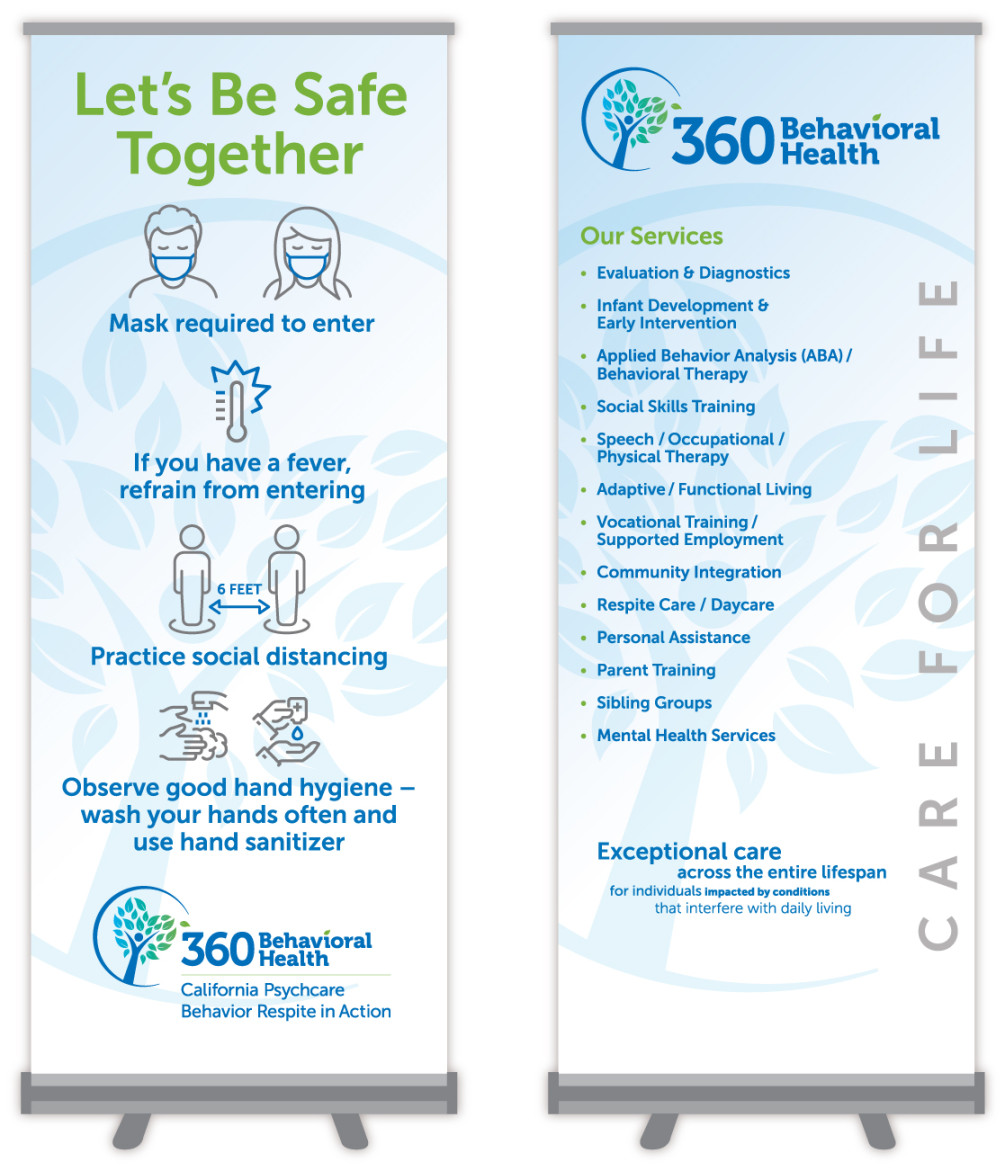Mindfulness, often described as the art of being present, is a mental state that involves paying attention to the present moment without judgment. It’s a practice that has been gaining popularity in recent years, and for good reason. Mindfulness can have a profound impact on your mental health, helping to reduce stress, anxiety, and depression.
How does mindfulness work?
When you’re mindful, you’re fully engaged in the here and now. You’re not dwelling on the past or worrying about the future. Instead, you’re focused on your thoughts, feelings, and sensations. This can help to break the cycle of negative thinking that often contributes to mental health problems.

The benefits of mindfulness
There are many benefits to practicing mindfulness, including:
Reduced stress and anxiety: Mindfulness can help to calm your mind and body, reducing feelings of stress and anxiety.

How to practice mindfulness
There are many different ways to practice mindfulness. Here are a few simple techniques to get you started:
1. Meditation: Meditation is a popular way to practice mindfulness. There are many different types of meditation, but they all involve focusing your attention on your breath or a specific object.
2. Mindful breathing: Mindful breathing involves paying attention to your breath without trying to change it. Simply observe your breath as it comes in and goes out.
3. Mindful eating: Mindful eating involves paying attention to your food and the experience of eating. Notice the taste, texture, and aroma of your food.
4. Mindful walking: Mindful walking involves paying attention to your body as you walk. Notice your feet touching the ground and the sensation of your body moving.
5. Mindful listening: Mindful listening involves paying attention to the person you’re talking to. Make eye contact, nod your head, and really listen to what they’re saying.
Tips for practicing mindfulness
Here are a few tips for practicing mindfulness:
Start small: Don’t try to do too much at once. Start with just a few minutes of mindfulness practice each day.
Mindfulness is a powerful tool that can help you to improve your mental health. By taking the time to practice mindfulness, you can reduce stress, anxiety, and depression, and enhance your overall well-being.
Meditation, often associated with images of serene monks and tranquil monasteries, is a powerful tool for cultivating mental clarity and emotional well-being. It involves training the mind to focus and redirect thoughts, helping to reduce stress, anxiety, and negative emotions.
How it Works:
Meditation works by calming the mind and body. When we’re constantly bombarded with thoughts and distractions, our minds can become overwhelmed and chaotic. Meditation provides a mental oasis, allowing us to step back from the noise and find inner peace. By focusing on the present moment, we can reduce rumination and increase our ability to concentrate.
Types of Meditation:
There are many different types of meditation, each with its own unique approach. Some popular methods include:
Mindfulness Meditation: This involves paying attention to the present moment without judgment. It can be practiced in various ways, such as focusing on the breath, body sensations, or sounds.
Benefits of Meditation:
Regular meditation has been shown to have numerous benefits for mental health, including:
Reduced stress and anxiety: Meditation can help calm the mind and body, reducing feelings of stress and anxiety.
Getting Started with Meditation:
If you’re new to meditation, it’s important to start slowly and gradually increase your practice time. Here are a few tips to help you get started:
Find a quiet space: Choose a peaceful environment where you won’t be disturbed.
Incorporating Meditation into Your Daily Life:
Meditation doesn’t have to be a formal practice. You can incorporate it into your daily life in various ways, such as:
Mindful eating: Pay attention to the taste, texture, and smell of your food.
By making meditation a part of your daily routine, you can experience the many benefits it has to offer. So, why not give it a try and discover the power of finding your zen?
 Udento Lifestyle & Health
Udento Lifestyle & Health




